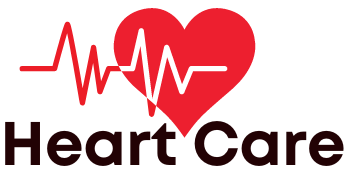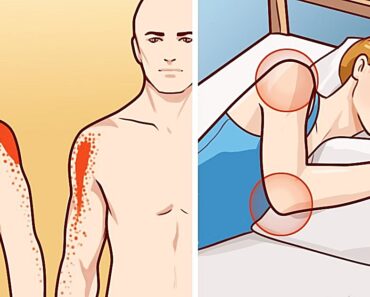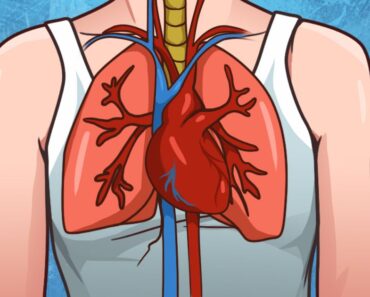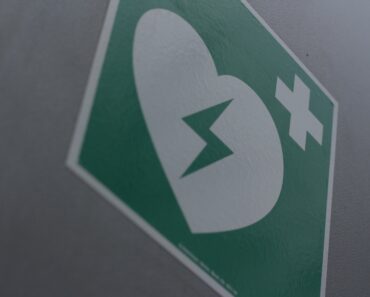Heart attacks, cardiac arrest, and strokes are all serious medical emergencies that can have life-threatening consequences. It is important to understand the differences between these conditions, as this knowledge can potentially save a life.
A heart attack is caused by a blockage of blood flow to the heart, usually due to a blood clot. On the other hand, a stroke is caused by a blocked or burst blood vessel that cuts off blood flow to the brain. Cardiac arrest is different from a heart attack, although a heart attack can lead to cardiac arrest. Cardiac arrest is when the heart suddenly and unexpectedly stops beating, causing blood to stop flowing to the brain and other organs. If left untreated, cardiac arrest can be fatal.
Symptoms of a heart attack include chest pain, discomfort in the upper body, shortness of breath, and lightheadedness. Women may also experience additional symptoms such as nausea, vomiting, and pain in the neck or jaw. If you or someone you are with experiences these symptoms for more than five minutes, call 9-1-1 immediately.
There are three main symptoms of a stroke, which can be remembered with the acronym “FAST”: Face drooping, Arm weakness, Speech difficulty. If you notice these symptoms in someone else, or if you are experiencing them yourself, call 9-1-1 right away. Time is of the essence when it comes to a stroke, as prompt treatment can help minimize brain damage.
Certain risk factors, such as smoking, high blood pressure, high cholesterol, diabetes, or a sedentary lifestyle, can increase the risk of heart attacks, cardiac arrest, and strokes. It is important for everyone, but especially those with these risk factors, to be aware of the symptoms of these conditions and to seek medical help immediately if they occur. Do not try to treat a heart attack or stroke at home – call 9-1-1 and get professional help as soon as possible.
If you see an adult or teenager suddenly collapse, no matter their age, it is crucial to call 9-1-1 immediately and to perform CPR until medical services arrive. The American Heart Association recommends performing Hands-Only CPR to the disco beat of “Stayin’ Alive.” Doing so can more than double the victim’s chance of survival. It is important to remember that there is no home remedy for a heart attack or stroke – the best course of action is to get professional help as soon as possible.
Overall, it is important for everyone, but especially those with certain risk factors, to be aware of the symptoms of heart attacks, cardiac arrest, and strokes. By understanding these differences and seeking medical attention promptly, you can potentially save a life.



